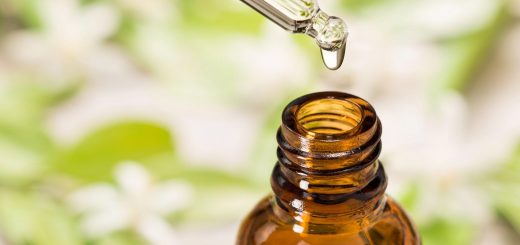Which Foods to Avoid While Trying to Conceive
{YBA} Remember that many drinks and foods are effective while trying to conceive, so avoid and careful in those days about diet and foods.
Many Foods and Drinks to Avoid While Trying to Conceive
You’re hoping to get pregnant soon, and while you’re preparing for this big life change, you’re trying to stay as healthy as possible. If you’re focusing on a well-rounded preconception diet that includes plenty of fresh fruit and vegetables,
whole grains, and lean protein, you’re probably on the right track. But while you should pay close attention to the foods you are eating, you should also be mindful of the foods to avoid.
Why does it matter what you eat or don’t eat when you are trying to get pregnant? Pregnancy is a major commitment for your body, and you want to get your body in the best shape possible beforehand, as if you were an athlete training for a big race.
The foods that you eat before you become pregnant can have lasting effects in your body that could impact your baby once you are pregnant. Plus, a baby’s major organs start forming almost immediately, often before a woman even knows she is pregnant, so if there’s a chance you might be pregnant already, you won’t want to risk ingesting something that can be harmful to your fetus.
When you start trying to conceive you’ll want to follow all of the usual recommendations to reduce the “clutter” from your diet: Cut back on sugar and fatty foods, avoid trans-fats, scale back on artificial sweeteners, and stop using any recreational or diet drugs.
Additionally, women who are trying to conceive should avoid the following
Alcohol:
If you’re preparing to conceive, now’s the time to cut back on or eliminate alcohol consumption. Birth defects associated with alcohol exposure can happen in the early weeks before a woman knows she is pregnant. Additionally, some studies have found that alcohol can inhibit a woman’s ability to get pregnant.
Soybeans and soy foods:
Some studies have found that large quantities of soy protein can inhibit fertility. If you like munching on a few edamame now and then, that’s OK, but if you are experiencing infertility problems, it may help to drop the soy milk, tofu, and tempeh from your diet.
Caffeine:
The research is mixed on the effect of caffeine on your ability to get pregnant, but if you’re in doubt, play it safe and cut back to no more than the equivalent of two cups of coffee per day.
Raw or undercooked eggs, meats, or fish or unpasteurized cheeses: Eating raw or undercooked meats, eggs, or fish or unpasteurized cheeses could put you at risk for salmonella, listeria, or other food-borne bacteria. These bacteria can put your body through the ringer, but more to the point, they can be harmful to a developing fetus.
In fact, according to the Centers for Disease Control and Prevention, pregnant women are 20 times more likely than other healthy adults to develop listeriosis. Why take the risk? Stay on the safe side and cook your meat, fish, and eggs all the way through.
Swordfish, tilefish, shark, or king mackerel:
These fish are known to be high in mercury, which can accumulate and linger in your body long after you consume it. High levels of mercury can be harmful to you and can damage your baby’s developing nervous system. Try to avoid the big, oily fish and stick to smaller varieties like flounder, haddock, trout, salmon, and shrimp.
Last but not least, your body will be less fertile if you are undereating or overeating. If you have too much or too little fat your estrogen levels will get thrown off and your fertility could be affected.
So make sure you are maintaining a healthy diet and weight for your body. And consider this: When you are eating better, you will probably feel better too. That’s a side benefit that both you and your future baby will appreciate.


